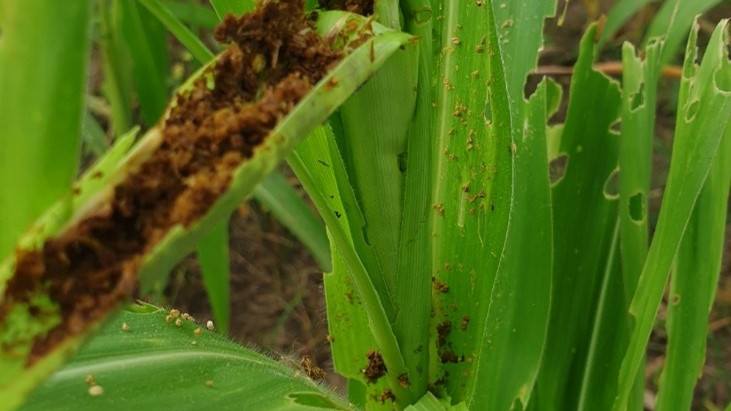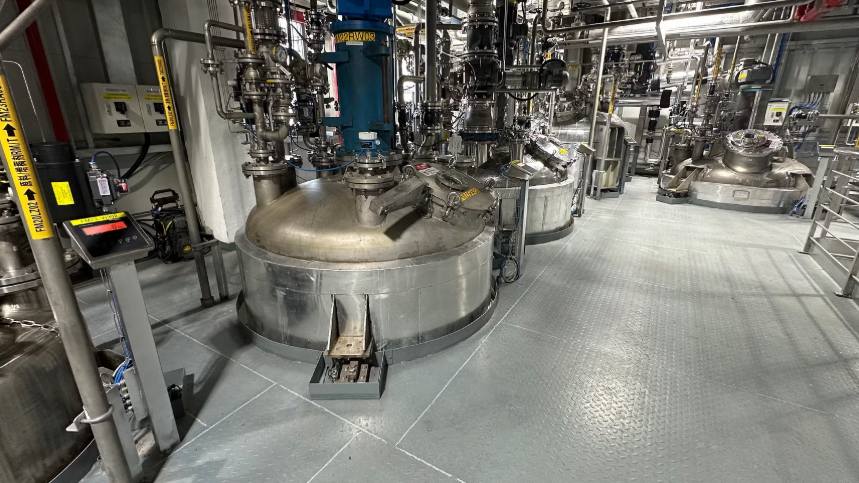Transgenics Contaminate Chile Corn
Transgenic crops in Chile can only be grown for seeds for export; however, it is legal to import GM products and ingredients for human and animal consumption. In 2007, after Chile’s Agriculture Ministry’s Agriculture and Livestock Service (SAG) authorized planting transgenic seeds on 24,921 hectares, GM corn was planted on 94% of the area.
The non-governmental Sustainable Societies Foundation (FSS) and the Sustainable Chile Program – a network of non-governmental organizations from several South American countries – contracted INTA to analyze 30 corn samples. The two groups gave the results to Agriculture Minister Marigen Hornkohl on Oct. 23, while calling for independent studies to determine the extent of the contamination, and enact laws prohibiting the growth of GM crops in the country. The next step will be to inform the farmers whose crops were affected and decide about pressing legal charges.
Romilio Espejo, the head of INTA’s biotechnology laboratory, confirmed to IPS that “a small quantity of transgenics” was found in four samples. Three of them had 0.03% of GM organisms, and the fourth had 0.13%. INTA reported that the remaining samples contained less than 0.01%, “the method’s detection limit.” According to Espejo, “they cannot be stated to be transgenic-free, but only that they contain less than 0.01%.”
“If the source of the contamination is transgenic maize sold worldwide for food, it would not be a major problem, but if the source is transgenic maize produced for other purposes, or that has not yet been approved as risk-free for the population, then it is worrying, even though the contamination is at a very low level,” Espejo said. “I don’t think (the results) should cause alarm about maize consumption in Chile, but they are a warning that more control is needed over what is happening with maize grown in this country,” he said.





